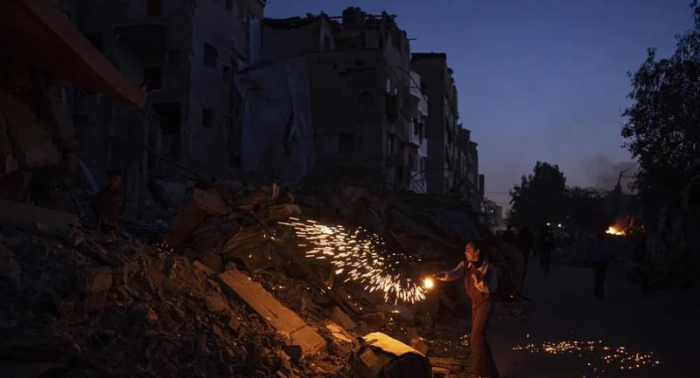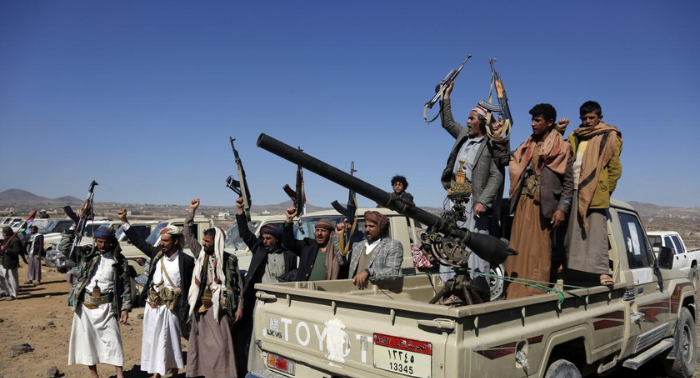Palestinians commenced their fasting for Ramadan on Monday as the sacred month began amidst stalled cease-fire negotiations, exacerbating hunger across the Gaza Strip with no resolution to the ongoing five-month conflict between Israel and Hamas.
Late Sunday, prayers were conducted outdoors amidst the debris of demolished buildings. In packed tent camps, some individuals adorned fairy lights and decorations, while a video from a U.N.-school-turned-shelter depicted children dancing and playing as a man sang over a loudspeaker.
However, the arrival of Ramadan brought little cause for celebration after five months of conflict, which has claimed the lives of over 30,000 Palestinians and left much of Gaza in ruins. Families, accustomed to breaking their fast with festive meals, now find themselves with limited food options, mostly canned goods, due to exorbitant prices.
Sabah al-Hendi, who was shopping for groceries in the city of Rafah, expressed the prevailing mood, noting, “You don’t see anyone with joy in their eyes. Every family is sad. Every family has a martyr.”
Efforts to broker a cease-fire ahead of Ramadan, including discussions involving the United States, Qatar, and Egypt, hit a roadblock last week. Hamas seeks assurances that any agreement will lead to an end to the conflict, while Israeli Prime Minister Benjamin Netanyahu remains committed to continuing the offensive until achieving “total victory” against Hamas and securing the release of all hostages.
The conflict erupted when Hamas-led militants launched an attack on southern Israel in October, resulting in numerous casualties and the capture of hostages. Despite an exchange last year, Hamas still holds around 100 captives and the remains of 30 others.
The humanitarian situation in Gaza remains dire, with approximately 80% of the population displaced and hundreds of thousands facing the threat of famine. Health officials report deaths from malnutrition and dehydration, particularly among children, in northern Gaza.
Israeli restrictions, ongoing hostilities, and the breakdown of law and order have hindered the delivery of much-needed food aid to Gaza. Israel’s plans to expand its offensive to Rafah have raised concerns, with President Joe Biden emphasizing that an attack on the city would be a “red line” for the United States.
While aid efforts have commenced, including airdrops and sea deliveries, humanitarian organizations stress the need for more substantial and sustained assistance. The U.S. military is involved in transporting equipment to establish a sea bridge for aid delivery, though operationalization is expected to take several weeks.
The United States has supported Israel militarily and defended it against international calls for a cease-fire while urging greater efforts to minimize civilian casualties and facilitate humanitarian aid.
Amidst the ongoing conflict, the toll on Palestinian civilians continues to mount, with women and children comprising a significant portion of the casualties. Israel attributes the civilian death toll to Hamas’ tactics of operating in densely populated areas.
President Biden, while acknowledging Israel’s right to self-defense, has urged greater attention to civilian lives lost, emphasizing the need to prevent further Palestinian casualties.




